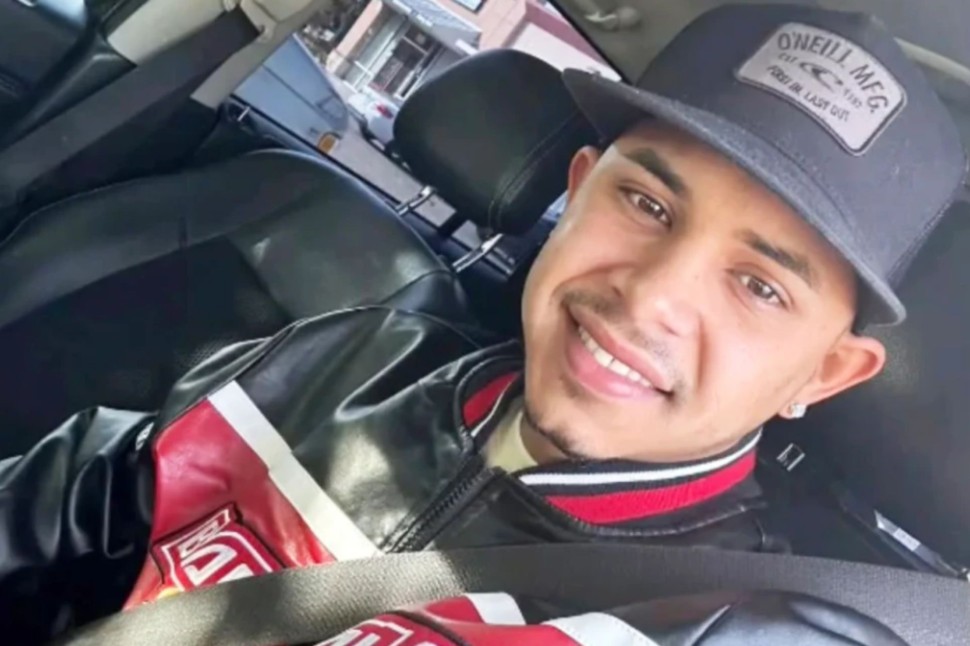
Five weeks passed before the family of a Venezuelan man discovered he had been deported to El Salvador instead of "his country of origin," according to an NBC News report.
Neiyerver Adrián Leon Rengel had just turned 27 and was commuting to work when he was detained by federal agents in Texas on March 13. His brother, Nedizon Alejandro Leon Rengel, and the rest of his family, including a 6-year-old daughter, spent more than a month relentlessly worrying about him and attempting to determine his whereabouts.
His family contacted the Immigration and Customs Enforcement (ICE) office in Texas but were given conflicting information about Adrián's whereabouts. In one instance, Adrián's family was told he was still in detention. During another call, the office said he was deported to El Salvador, "his country of origin," despite Adrián being a Venezuelan national.
After visiting a detention center in Venezuela and working with multiple advocacy groups, including Cristosal and the League of United Latin American Citizens, or LULAC, Adrián's family finally got an answer after the Department of Homeland Security (DHS) responded to NBC News.
"Neiyerver Adrian Leon Rengel, entered our country illegally in 2023 from Venezuela and is an associate of Tren De Aragua," DHS Assistant Secretary Tricia McLaughlin told NBC News via email. "Tren de Aragua is a vicious gang that rapes, maims, and murders for sport. President Trump and [DHS] Secretary [Kristi] Noem will not allow foreign terrorist enemies to operate in our country and endanger Americans. They will always put the safety of the American people first."
When asked for details supporting the department's claims levied against Adrián, McLaughlin denied the request.
"We aren't going to share intelligence reports and undermine national security every time a gang member denies he is one. That would be insane," she wrote.
Adrián and his family denied any gang affiliation. He entered the U.S. in 2023 after making an appointment through the CBP One app. He had also applied for temporary protected status on Dec. 1, 2024.
"We are not criminal people. We are people who studied professions in Venezuela. We had careers; we're not people who are linked with any of that," Alejandro, who worked in banking and insurance in Venezuela but now works in hospitality, told NBC News.
Alejandro added that he never thought he would be in this situation. He believed "they either give you asylum or they deport you. Not a forced disappearance" when people immigrated to the U.S.
Originally published on Latin Times




